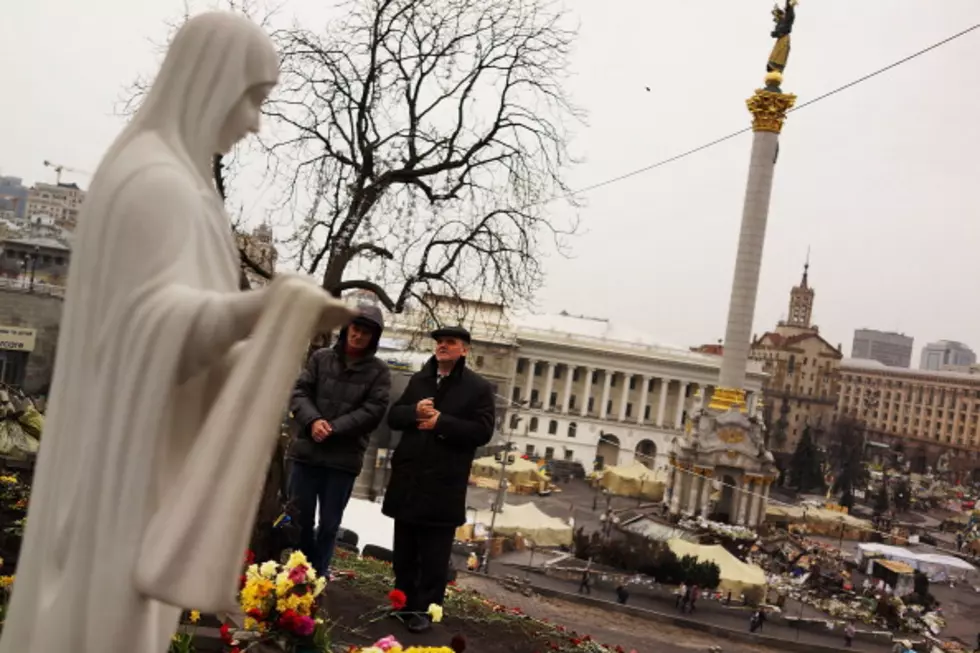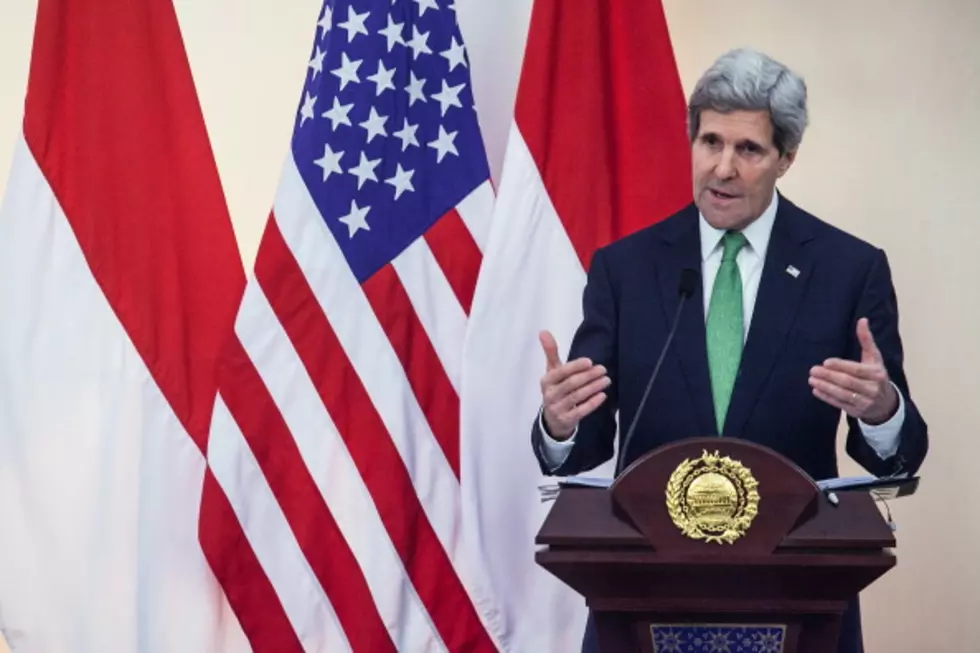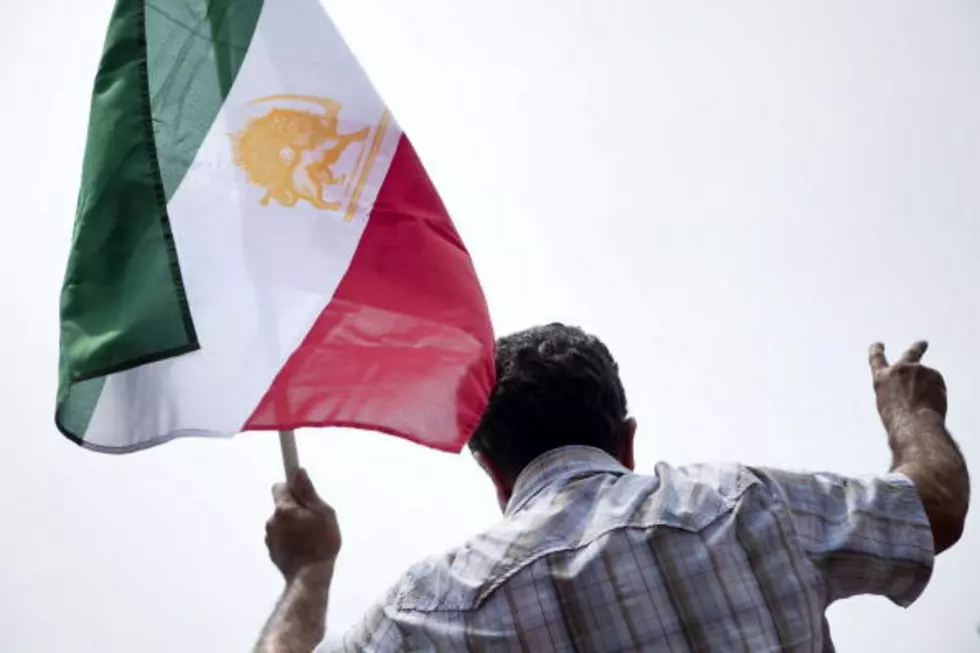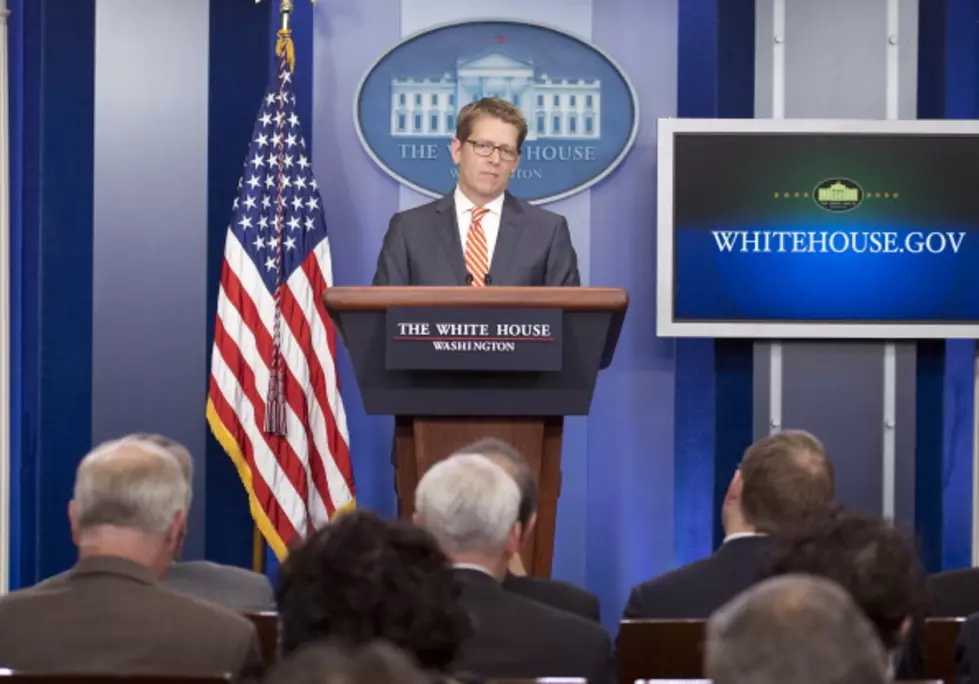
World Diplomats In Geneva For Nuclear Talks, Iran Included
GENEVA (AP) — U.S. Secretary of State John Kerry warned Friday of significant differences between Iran and six world powers trying to fashion a nuclear agreement, as he and three European foreign ministers added their weight to try to narrow the gap.
Officials with delegations at the negotiating table had expressed optimism about progress achieved in Thursday's full day of talkss comments. But comments from Kerry and his counterparts from Britain, France and Germany after they arrived in Geneva clearly indicated that some obstacles remain in the way of any first-step agreement offering sanctions reduction for nuclear concessions.
Perry arrived from Tel Aviv after talks with Israeli Prime Minister Benjamin Netanyahu where he tried to defuse Israeli concerns about the Geneva talks. Israel is strongly critical of any deal that even slightly lifts sanctions unless Iran is totally stripped of technology that can make nuclear arms.
Despite the lack of confirmation that an accord is within reach, Netanyahu said ahead of meeting Kerry that he "utterly rejects" the "bad deal" he said was in the making.
In Geneva, Kerry suggested it was too early to speak of any deal. He told reporters on arrival that "important gaps ... still remain."
He offered no details. But in earlier comments to Israeli television, he suggested Washington was looking for an Iranian commitment to stop any expansion of nuclear activities that could be used to make weapons, as a first step.
'We are asking them to step up and provide a complete freeze over where they are today," Kerry said Thursday.
Six powers — the negotiators also include Russia and China — are considering a gradual rollback of sanctions that have crippled Iran's economy. In exchange they demand initial curbs on Iran's nuclear program, including a cap on enrichment to a level that can be turned quickly to weapons use.
As a first step, the six have discussed ending a freeze on up to $50 billion (37 billion euros) in overseas accounts and lifting restrictions on petrochemicals, gold and other precious metals. But their proposal would maintain core sanctions on Iran's oil exports and financial sector, as an incentive for Iran to work toward a comprehensive and permanent nuclear accord.
Tehran could be pressing for more significant relief from the sanctions as part of any first-step deal.
The decision by Kerry and his European counterparts to fly to Geneva comes after signs that the global powers and Iran were close to a first-stage deal.
Russian Foreign Ministry spokesman Alexander Lukashevich said Russian Foreign Minister Sergey Lavrov did not plan to attend. There was no word from Beijing on any plans by the Chinese foreign minister to join his colleagues.
French Foreign Minister Laurent Fabius, the first to arrive, spoke of progress, but told reporters "nothing is hard and fast yet."
"I've come to Geneva to take part in the negotiations because the talks are difficult but important for regional and international security," he said. "We are working to reach an accord which completes the first step to respond to Iran's nuclear program."
Israel has been watching the talks warily from the sidelines. It has frequently dangled the prospect of military action against Iran should negotiations fail to reach the deal it seeks — a total shutdown of uranium enrichment and other nuclear programs Tehran says are peaceful but which could technically be turned toward weapons.
"I understand the Iranians are walking around very satisfied in Geneva as well they should because they got everything and paid nothing," Netanyahu told reporters before meeting Kerry in Tel Aviv.
Any agreement would be a breakthrough after nearly a decade of mostly inconclusive talks, but would only be the start of a long process to reduce Iran's potential nuclear threat, with no guarantee of ultimate success.
Tehran's chief nuclear negotiator, Abbas Araghchi, told Iranian state TV on Thursday that the six "clearly said that they accept the proposed framework by Iran." He later told CNN that he thinks negotiators at the table are now "ready to start drafting" an accord that outlines specific steps to be taken.
Though Araghchi described the negotiations as "very difficult," he told Iranian state TV that he expected agreement on details by Friday, the last scheduled round of the current talks.
The talks are primarily focused on the size and output of Iran's enrichment program, which can create both reactor fuel and weapons-grade material suitable for a nuclear bomb. Iran insists it is pursuing only nuclear energy, medical treatments and research, but the United States and its allies fear that Iran could turn this material into the fissile core of nuclear warheads.
International negotiators representing the six powers declined to comment on Araghchi's statement. But White House spokesman Jay Carney elaborated on what the U.S. calls a "first step."
An initial agreement would "address Iran's most advanced nuclear activities; increase transparency so Iran will not be able to use the cover of talks to advance its program; and create time and space as we negotiate a comprehensive agreement," Carney told reporters in Washington.
___
AP Writer Matt Lee contributed to this story.
Copyright 2013 The Associated Press. All rights reserved. This material may not be published, broadcast, rewritten or redistributed.
More From NewsTalk 940 AM
![Israeli Ambassador Ron Dermer Speaks Out About Recent Iran Nuclear Deal [VIDEO]](http://townsquare.media/site/101/files/2015/07/dermer.jpg?w=980&q=75)








